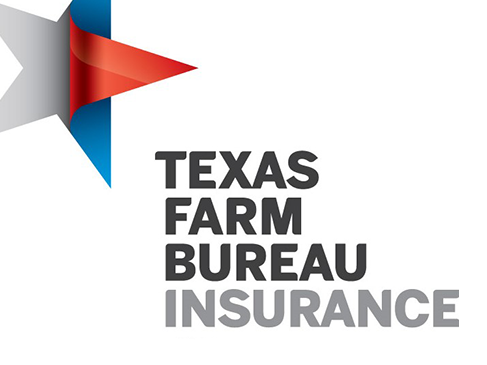Farm Bureau members opposes tax per mile driven, bank monitoring
Grimes County Farm Bureau members made their opinions known at the 58th Grimes County Farm Bureau Annual Meeting Thursday, Oct. 21, by approving a resolution opposing a tax on miles driven and approving a second resolution opposing monitoring and reporting of financial transactions by financial institutions to the IRS. Board members, Tim Akers and Ronnie Floyd presented the resolutions.
Tax per mile
In presenting the proposed tax on miles driven, Akers said, “As a board, we’re doing lots of things for the youth because we believe the youth are our future. It’s neat to see kids that care about agriculture, and we as a board believe in that, but one of the most important things we can do is protect the future for our youth and these resolutions are part of that.”
Akers continued, “We’re the voice of Texas agriculture so these resolutions are our way of combining our voices at a county level and pushing it up to the state level, and hopefully, push it up to the national level.”
Reading the resolution, Akers said, “The federal government and numerous states have proposed a tax by the mile plan to bolster the existing fuel tax funds for the purpose of construction and repair of public highways. Such a plan adds an additional tax burden upon citizens, but disproportionately places that burden upon rural citizens who inherently drive far greater miles during a year’s time. Rural citizens should not bear a greater burden in repairing urban infrastructure than their urban counterparts.”
Bank monitoring for the IRS
Floyd presented the second resolution opposing the monitoring and reporting of bank accounts and financial transactions by the Internal Revenue Service.
He said, “Our president has a proposal to have the financial institutions tell the IRS about their customers’ annual cash flow information. This is your aggregate income and outflow. This is your bank account. This proposal goes too far, in my opinion, by forcing financial institutions to share with the IRS private financial data from millions of customers.”
Floyd continued, “This is proposed, supposedly, to tax the rich but the IRS is relying more and more on automatic enforcement tools that catch lower income tax payers. This results in lower earning Americans being audited at a higher rate than the rich. So, what is that accomplishing? The kicker is they want to increase the IRS budget by $80 million.”
With approximately 140 members present, both motions passed with no dissenting votes.

